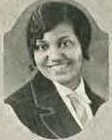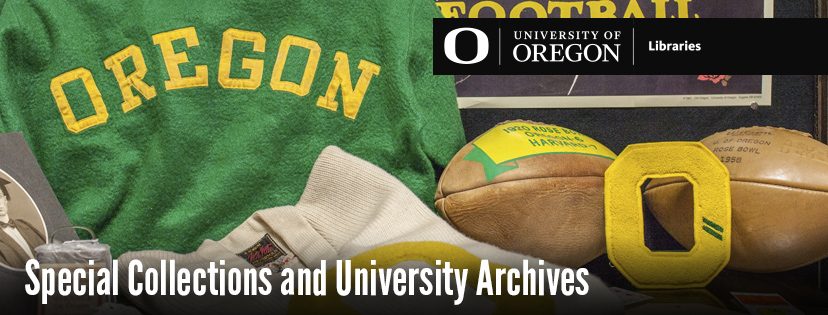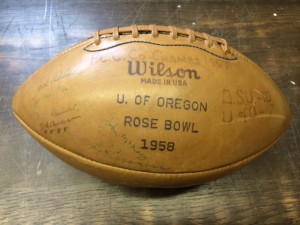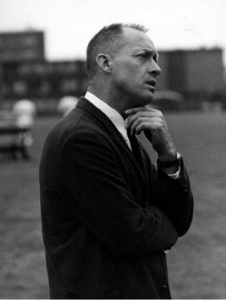Life of Resilience: Maxine Maxwell and the First Protest Against UO Discriminatory Housing Regulations

“My family has always had to fight, and we have maintained a creditable position in Salem, where I have lived all of my life. I do not feel that I am a “foreigner” and that I should be segregated from other students, although I do not want to make trouble for anyone.” – Maxine Maxwell, Eugene Register, October 2, 1929
Continuing our series highlighting the work of historian Herman L. Brame in honor of Black History Month, we bring you the story of Maxine Maxwell. She was raised in Salem, Oregon and was a member of a resilient family that was highly respected and well known. Her father, Charles Maxwell, was a successful businessman who operated the restaurant “Fat Boy Barbecue” and a shoeshine shop in the Hollywood district of the city. He also ran a small neighborhood publication that enabled him to have significant political influence among the African American community. Despite his success, not everyone was enthused about his accomplishments. The 1920s were the heydays of the Ku Klux Klan in the state of Oregon, and Mr. Maxwell’s success drew their attention. In 1922, Mr. Maxwell received a letter from Klansmen that stated, “We have stood you as long as we intend to stand you, and you must unload, if you don’t we will come to see you.” However, Mr. Maxwell had no intention on leaving his home and responded by allowing his letter to be published in the Capitol Journal. He bravely called out the Klansmen and declared himself unafraid of their threats. His daughter, Maxine Maxwell would show similar courage and resilience when she attended the University of Oregon. Continue reading




